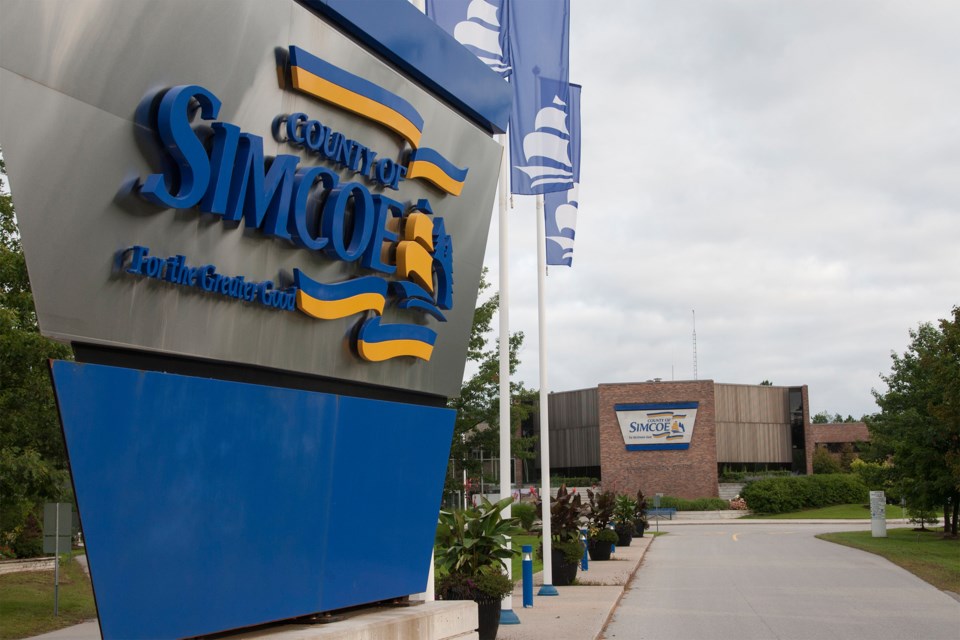Simcoe County politicians are not ready to offer medically assisted dying in the county’s four long-term care homes.
But because of a new federal law legalizing medically assisted dying, the county’s mayors and deputy mayors gave initial approval to an interim policy that would provide access to residents who want to die with a doctor’s or nurse’s help in Simcoe Village and Manor, Trillium Manor, Sunset Village and Manor and Georgian Village.
After an hour of passionate discussion over spiritual matters that can have incredible psychological and social effects on others in the long-term care home – including people as close as the next bed in a shared room – as well as legal ramifications, county councilors opted to restrict access to the service.
They opted to direct long-term care home staff to help a resident access the provisions under Bill C-14 – the federal medical assistance in dying law that received royal assent June 17 – to make arrangements in another location and provide transportation there.
“We spend millions of dollars caring for people, but I’m not sure whether that care incudes promoting their death,” said Springwater Township Mayor Bill French, who went on to quote Thomas Cardinal Collins, the Roman Catholic Church’s archbishop of Toronto, on the dignity of the human person.
French suggested the county’s four long-term care homes not allow the service to occur onsite nor access to resources that would offer patients this choice.
Oro-Medonte Deputy Mayor Ralph Hough, however, said federal law gives patients the right to make this choice and have medical help to do so in their homes.
“The right to end life is legal,” he said, adding it should be available in long-term care homes.
“It is their residence and they’d be upset to be shipped out to who knows where to receive the service.”
Under the law, a nurse or doctor can refuse to provide the service, based on his/her own beliefs, but he/she must refer the patient to a colleague who would, said Jane Sinclair, the county’s health and emergency services general manager.
“We are bound by legislation. Regarding the place for this treatment to be provided, the legislation is silent. It obligates practitioners to provide it. This is a difficult situation.
“We have tried to balance the rights of the individual requesting this treatment with the rights of others in the home… An option may be for someone to receive this treatment in their family home in the community.”
Tiny Township Deputy Mayor Steffen Walma said long-term care home residents consider the facility their home.
“I’d prefer to pass on in my environment of comfort,” he said, but an option that allows full access – in a patient’s room, particularly if it’s shared – isn’t the answer.
He added the home could create a room especially for patients wanting to have a medically assisted death.
“I don’t want a death room,” said Ramara Mayor Basil Clark. “Is our residence not truly their residence?”
Adjala-Tosorontio Deputy Mayor Doug Little, however, said the county needs to consider the friends and neighbours in the long-term care home.
“This is not natural death. This is death by choice. There is a difference,” he said. ‘”We have to be respectful of the ones living next door or down the hall… I’d like to see it taken outside the area where other residents are.”
County councilors meet again in mid-August.
